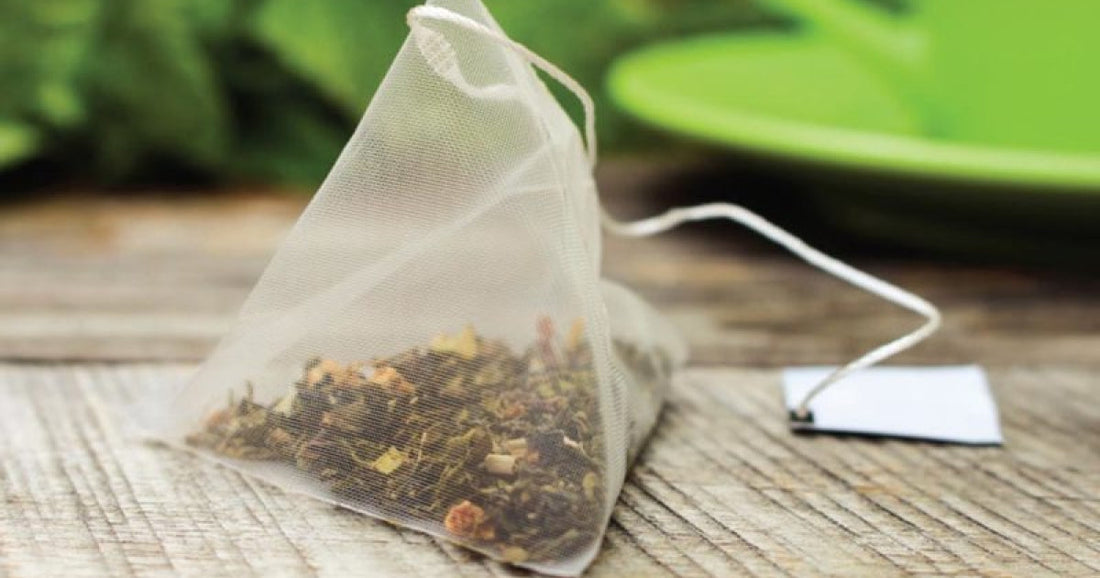
Tea Bags and Microplastics
Share
A recent study from the University of Alabama at Birmingham found that some tea bags release billions of tiny plastic particles—called microplastics and nanoplastics—into the tea when brewed. These tiny particles come from tea bags made of plastic materials like nylon and polypropylene. The concern is that when hot water is added, the plastic degrades and releases microscopic plastic particles into the tea you drink.
How Many Microplastics Are Released?
The study revealed shocking numbers:
- Polypropylene tea bags released around 1.2 billion microplastic particles per milliliter of tea.
- Cellulose tea bags (which are not completely plastic-free) still released 135 million particles per milliliter.
- Nylon-6 tea bags released 8.18 million particles per milliliter.
Why Does This Matter?
The human body is not designed to digest plastic. Scientists found that these plastic particles can enter human intestinal cells. Even more concerning, some of them reached the cell nucleus, which contains DNA and controls cell function. This suggests that microplastics could potentially affect human health at a cellular level.
While the exact health effects of consuming microplastics are still being studied, researchers worry that long-term exposure could cause:
- Inflammation in the body.
- Oxidative stress, which is linked to aging and diseases.
- Cell damage, which could lead to unknown health risks.
How to Reduce Your Exposure to Microplastics in Tea?
To minimize the risk, experts recommend:
- Using loose-leaf tea with a stainless steel or glass infuser instead of tea bags.
- Choosing tea bags made from paper or other plastic-free materials.
- Avoiding tea bags that feel silky or mesh-like, as they often contain plastic.
What’s Next?
The study highlights the need for regulations on plastic use in food packaging and better testing for microplastic contamination. As plastic use continues to grow, scientists stress the importance of finding safer alternatives to prevent unnecessary exposure to microplastics in food and drinks.
While drinking tea from plastic-containing tea bags won’t immediately harm you, reducing unnecessary exposure to microplastics is a smart precaution. Switching to loose-leaf tea or plastic-free tea bags is a simple step to protect your health and the environment.
___
This article is based on the research published here.
